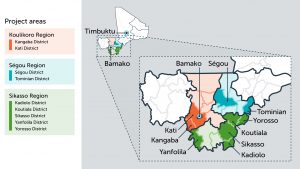Strengthened land commissions lay foundation for resolving land conflict in Mali and building sustainable peace
Conflict over land and resources in Mali is rooted in the country’s colonial past. Before colonisation by the French, communities enjoyed codified rights under vast and powerful empires. After Mali falls to French colonial rule in 1892, the French declare all “unproductive lands” to be under the control of the state, under the pretence of increasing productivity. Communities are dispossessed of their land. State ownership continues in postcolonial Mali, fuelling conflict over communities’ customary claims. In 1990, Mali begins a process of decentralisation to allow communities to assert their tenure rights and in 2006 passes the Land Reform Act to accelerate resolution of conflicting land claims. Despite these efforts, Mali has problems with conflict over land. Disputes over community lands undermine Mali’s stability and impede efforts to build peace in the aftermath of conflict between Tuareg rebels in the north and the central government in Bamako. Recognising the urgent need to address land-related conflict in the aftermath of the country’s armed conflict, the National Coordinating Body of Peasant Organizations in Mali (CNOP) and HELVETAS Swiss Interco-operation work with government, communities, and civil society to build the capacity of land commissions as a mechanism for resolving conflicts over land, and securing the land rights of local communities.
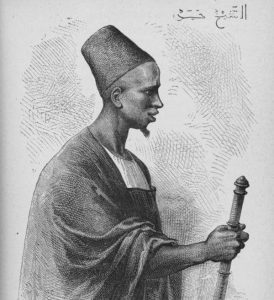
1818

1818
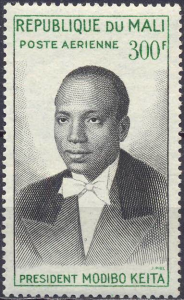
1960
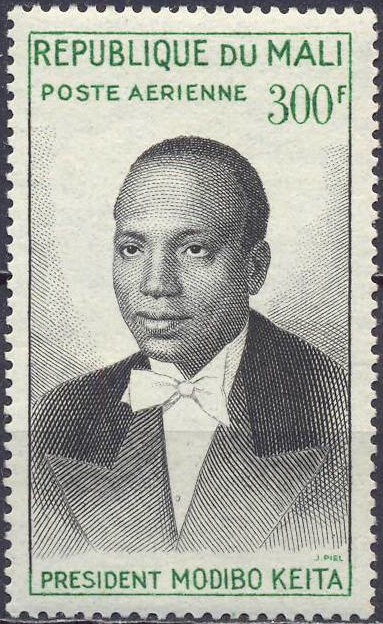
1960
Mali becomes a sovereign nation under President Modibo Keita and continues to assert state ownership of communal lands.
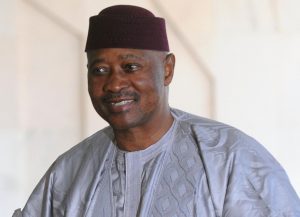
1991
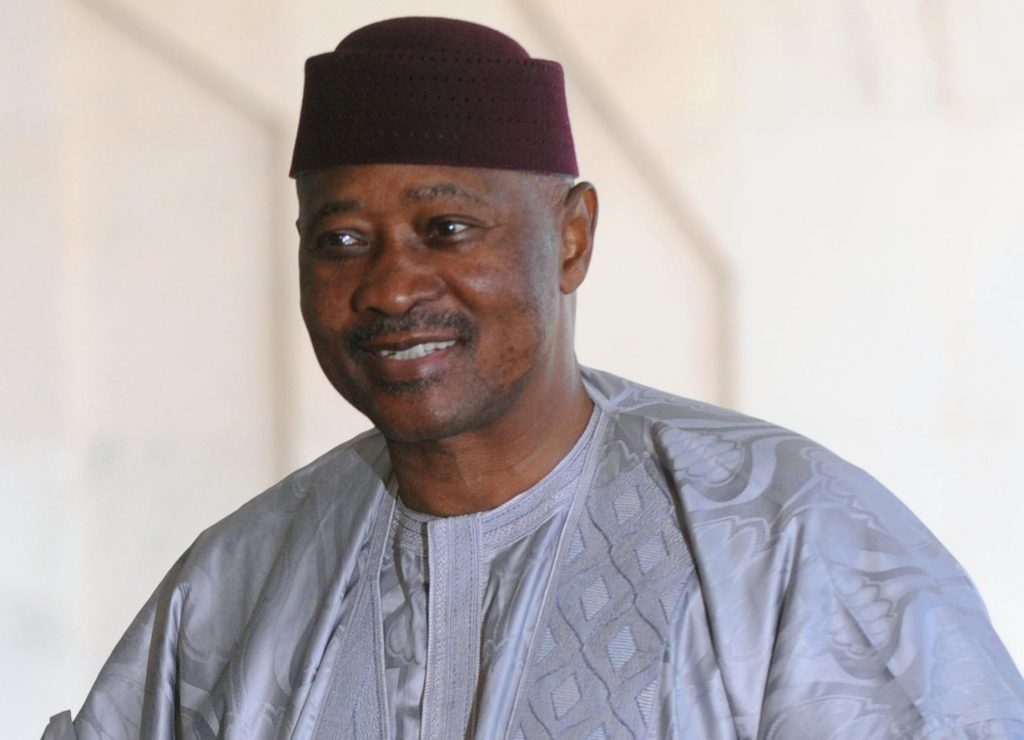
1991
Amadou Toumani Toure ousts Traore in a popular uprising, and leads a transition to democracy.
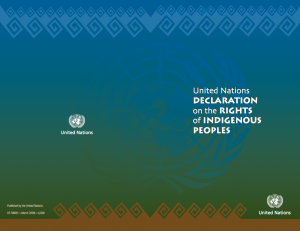
2006
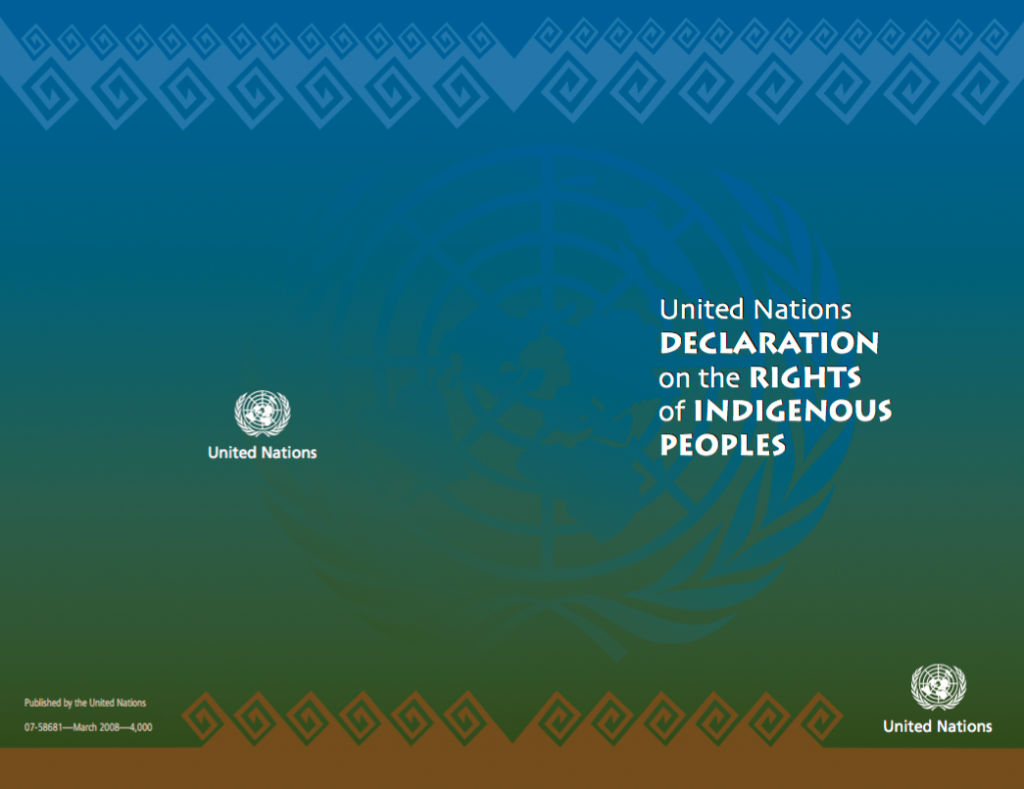
2006
United Nations General Assembly adopts the UN Declaration on the Rights of Indigenous Peoples (UNDRIP).
144 nations, including Mali, vote in favour of the Declaration.
2012
2012
Tuareg rebels take control of the north following a military coup in Bamako.
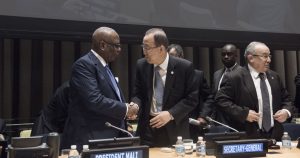
2015
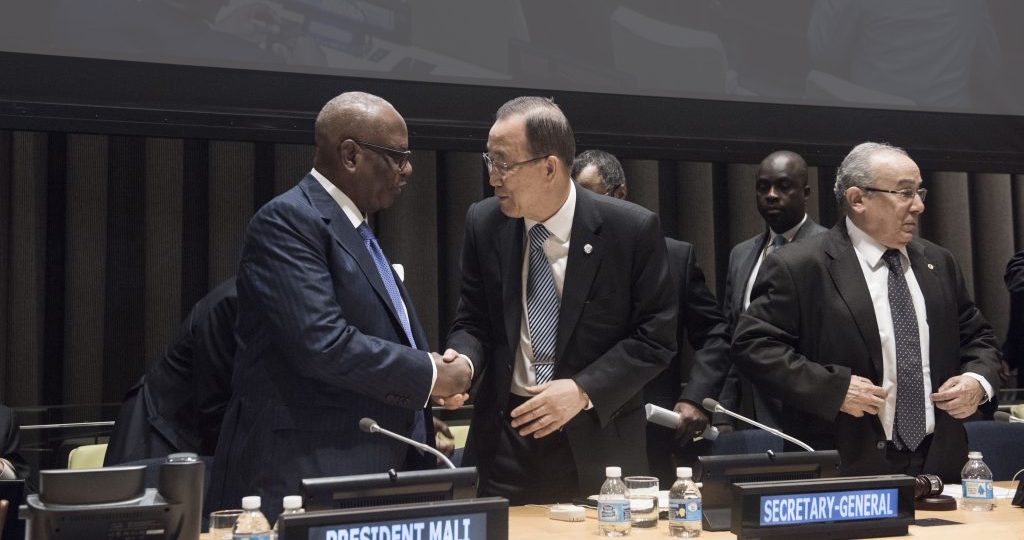
2015
While the Accord represents a positive step in remedying the country’s political conflict, it fails to address the land-related conflicts that undermined peace and security in the country in the run-up to the armed conflict and continue to erode trust in the government.
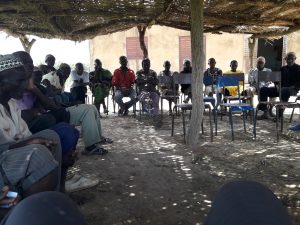
2017
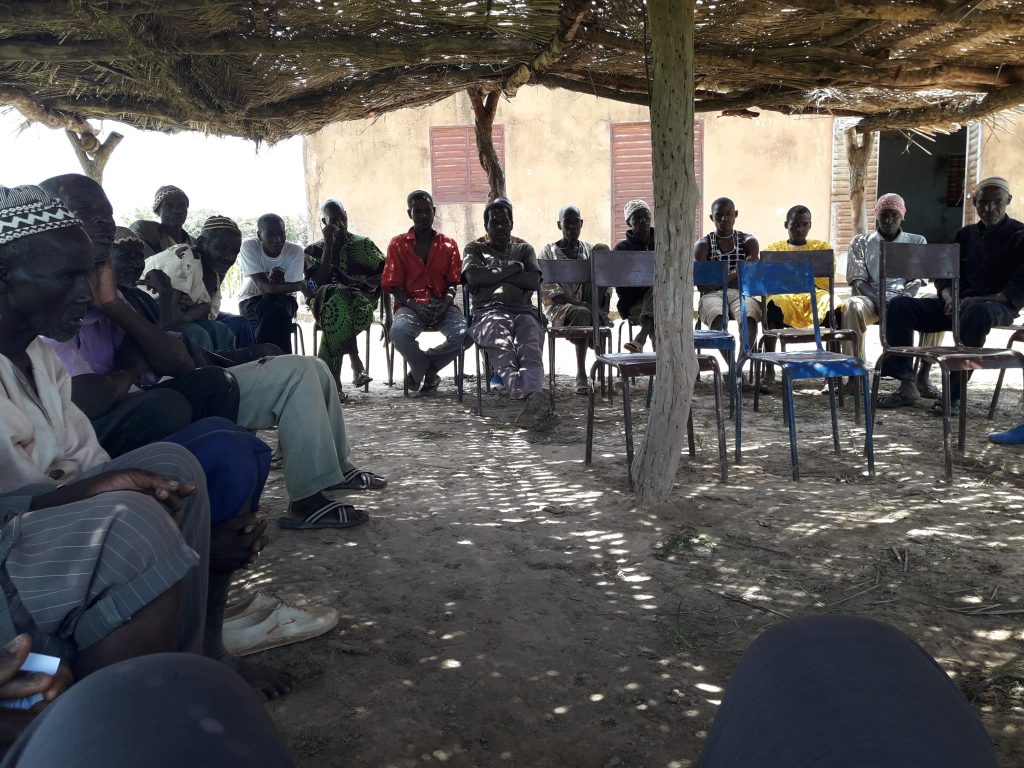
2017
Land commissions overcome bureaucratic hurdles to resolving conflicts about land and resources in rural communities, restoring social peace.
“The formalisation of land transactions goes beyond the two parties concerned. It provides the opportunity to promote intra-community dialogue, in order to put in place general rules that will take into account the rights of marginalised groups and protect all community members.”
– Moussa Djire, Tenure Facility Focal Point
2017
2017
Mali enacts Agricultural Land Law to advance recognition of customary rights, improve governance, strengthen rights of women and affirm the conflict-resolution role of local land commissions.
The new Agricultural Land Law creates opportunities to scale up the role of land commissions in decentralised land management and local conflict resolution.
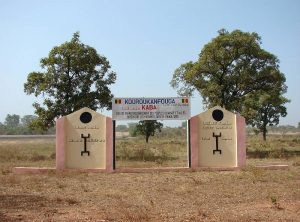
1236
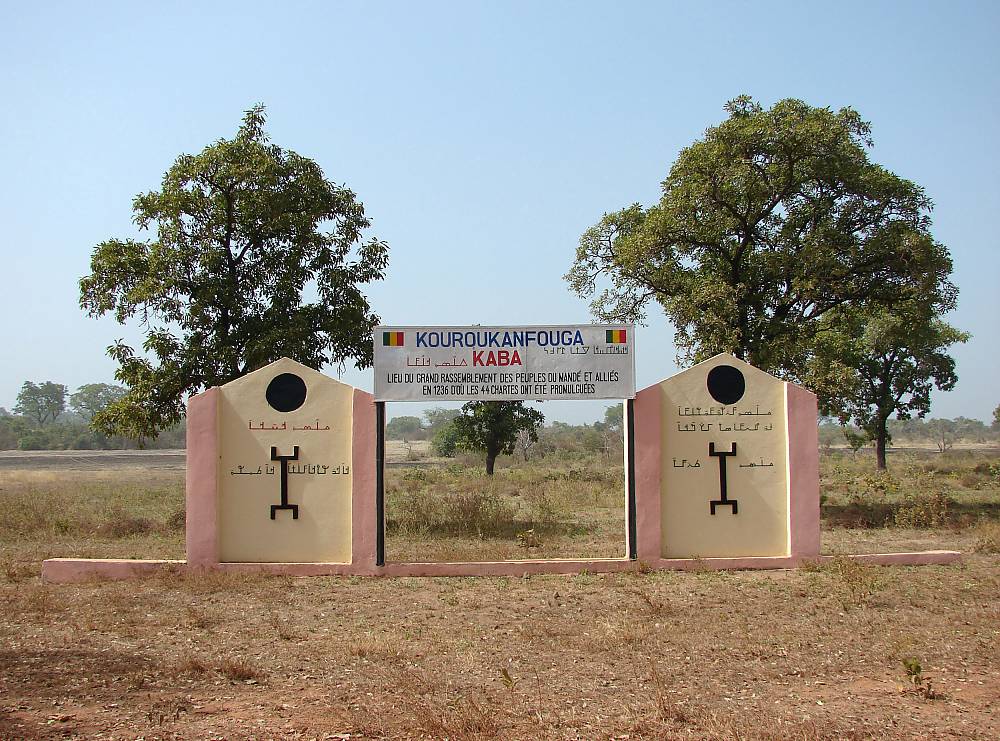
1236
Mali’s first emperor Soundiata Keita announces the “Charte du Mandé” or “Manden Charter,” a declaration of human rights and code of conduct.
1882
1882
France colonises the area that is modern-day Mali and declares that all unproductive lands are the property of the state—dispossessing communities and pastoralists
1968
1968
After a military coup, Moussa Traore establishes a military junta, retains state ownership of communal land, and suppresses dissent.

2002
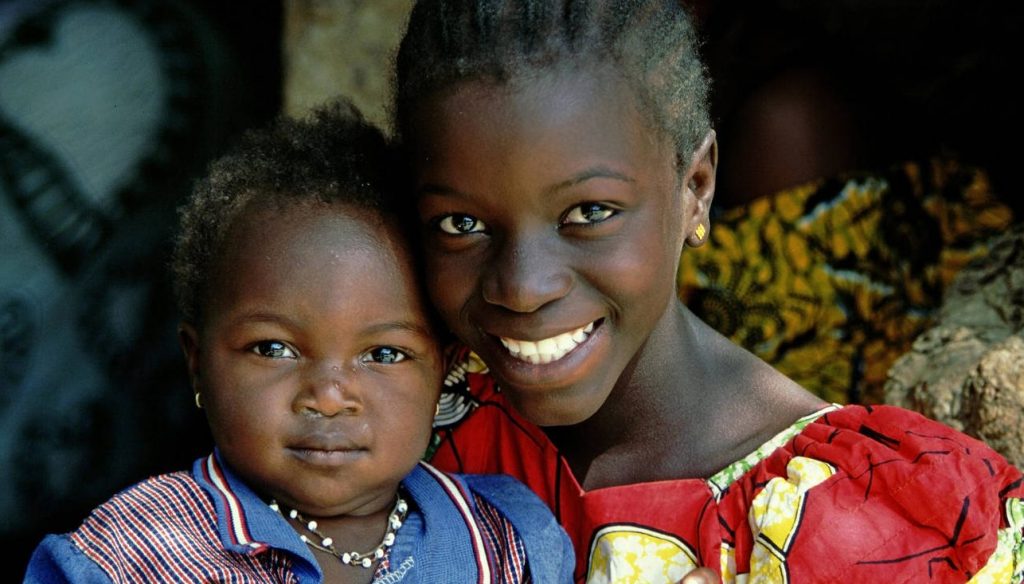
2002
Mali passes the Land and Tenure Law, which largely recognises customary rights, but fails to establish steps to implement them.
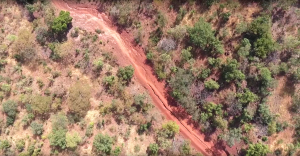
2006
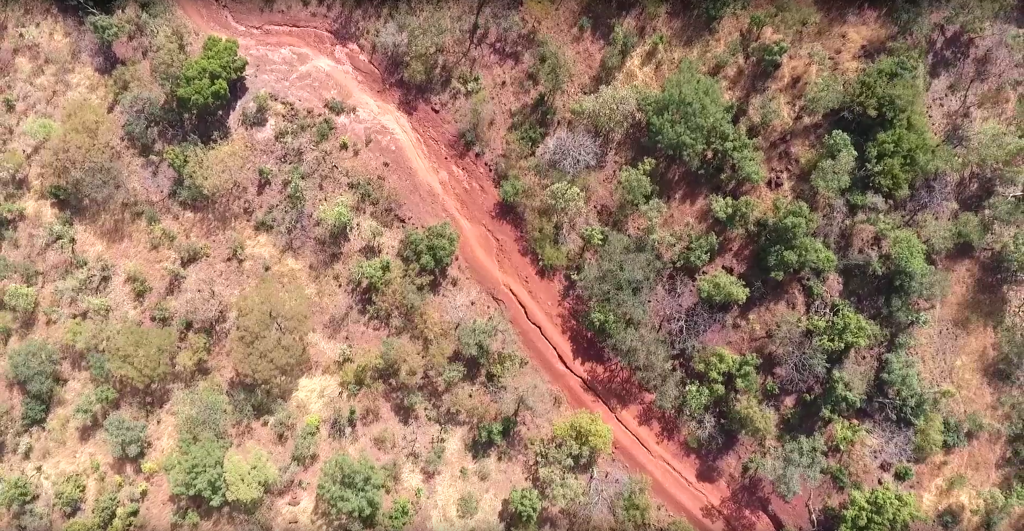
2006
Mali passes the Land Reform Act, recognising customary rights and establishing land commissions to address land related conflict.
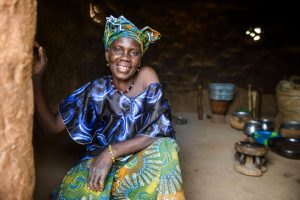
2013
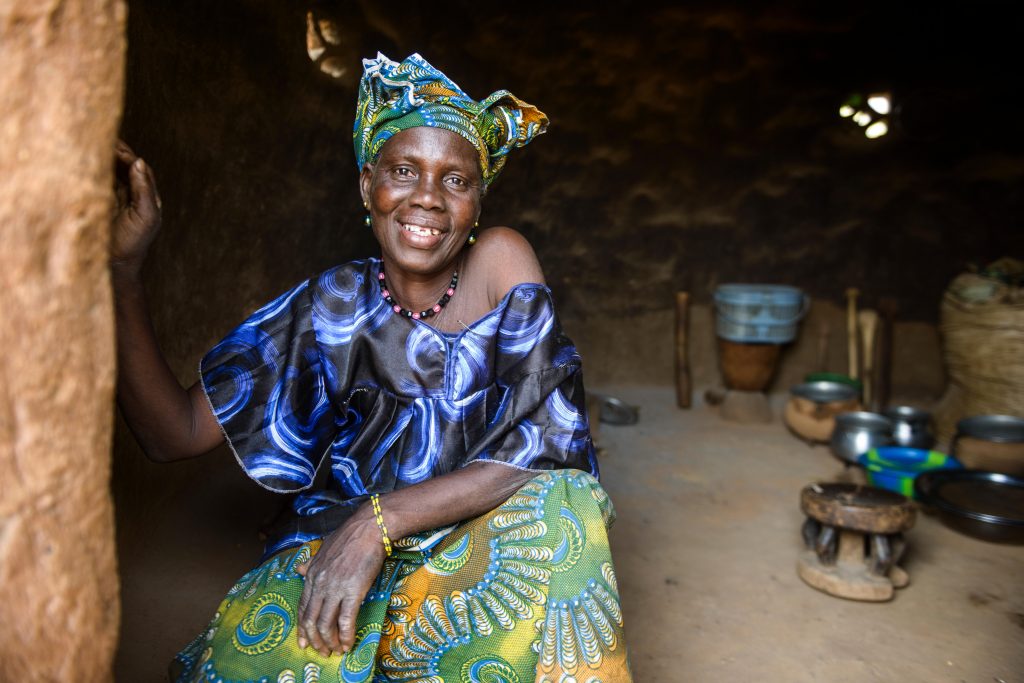
2013
The United Nations establishes a peacekeeping mission to stabilise Mali.
2015
2015
The National Association of Peasant Organisations (CNOP) and HELVETAS Swiss Inter-cooperation engage with the Tenure Facility.
The Tenure Facility funded project “Land and forest tenure support project benefiting local communities in Mali” pioneers, tests and demonstrates scalable approaches and tools that rural municipalities and local communities can use to resolve conflicts among themselves and with government, investors, immigrants and settlers. The project is the Tenure Facility’s first in an arid environment. It set the stage for scaling land commissions across the country, equipped with tools for implementing practical solutions to conflict on the ground.
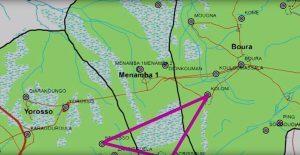
2017
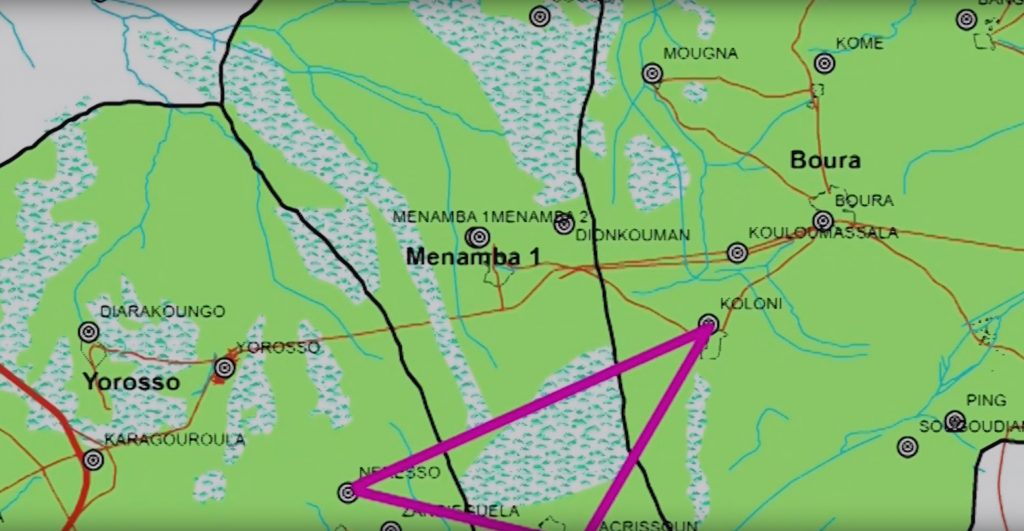
2017
Three villages in the Sikasso region establish Mali’s first inter-communal forest area. The area covers 4,220 hectares, in a conflict-prone area threatened by climate change and land grabbing.
“Of every 100 land conflicts in the Region of Sikassso, 70 come from Ganadougou, an area of Sikasso composed of 10 municipalities, including the municipality of Nièna. These conflicts are often brought before the courts in Bamako. The land commissions are helping to end this situation. There have been recommendations to send back the cases that are pending before the courts, given that the land commissions can help resolve these conflicts in a more permanent way.”
Mohamed Barry, Secretary General of the Mayor, Nièna Municipality
Tenure foncière Mali from RRI on Vimeo.
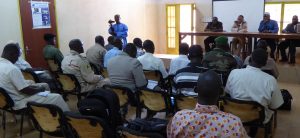
2019
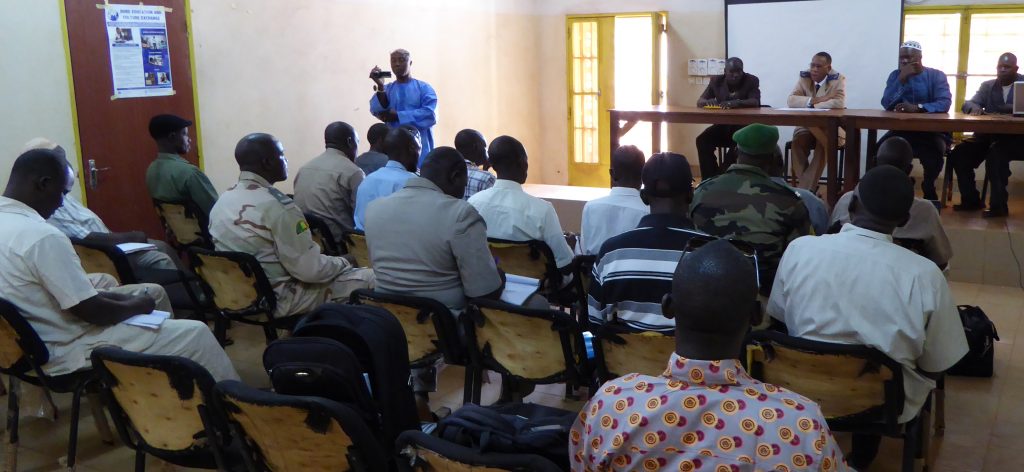
2019
CNOP scales up the results of the pilot project to establish and build the capacity of land commissions across three regions.
CNOP is building on the achievements and lessons of the Tenure Facility pilot project, to upscale the role of local land commissions in securing land tenure rights and resolving conflict over land and resources. Like the Tenure Facility pilot, the initiative will contribute to achieving the 2015 Accord for Peace and Reconciliation, by addressing land conflict, a root cause of the armed conflict. It will also support the implementation Mali’s Agricultural Land Law (LFA), which was enacted in 2017. The LFA recognises the customary land rights of communities and family farmers, which can be secured through local land commissions.
Working with HELVETAS Swiss Inter-cooperation, CNOP will consolidate the capacity and effectiveness of the 17 local land commissions established in the pilot, establish and support the operations of 100 more land commissions in three regions, and encourage the inclusion and participation of women and vulnerable groups in land governance. The initiative aims to encourage sustainable management of natural resources by promoting agro-ecological farming. This innovative approach promotes environmental protection, climate change mitigation, social inclusion, and peaceful collaboration and co-existence.
